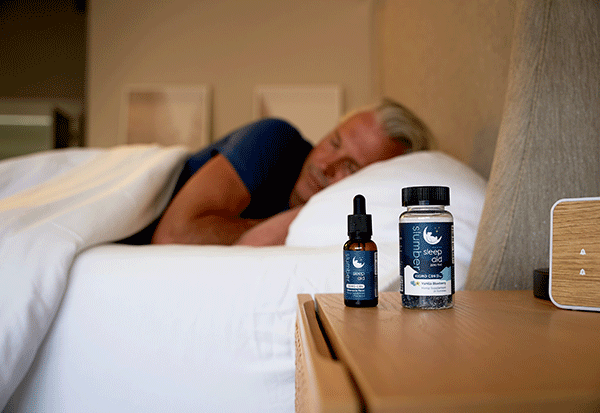by Sarah Halfpenny
Now the festive season is done and dusted, and summer has (almost) come to an end, it’s time to get back into healthy daily routines. The holidays can often disrupt our normal sleep patterns, leaving us feeling tired and drained. A good night’s sleep improves our energy levels and mood, and boost our mental clarity, preparing us for a productive day ahead.
Here are five tips to optimise your sleep and get the most out of your rest:
Establish a consistent sleep schedule
Try to go to bed and wake up at the same time every day, even on the weekends. This helps to regulate your circadian rhythm and makes it easier for you to fall asleep and wake up. If you have a dip in energy (no matter how mild) in the afternoon, then note the time this usually happens. Your ideal bedtime is around 6-7 hours after that dip.
Create a sleep-conducive environment
Your bedroom should be dark, quiet, and cool, with a comfortable mattress and pillows. Avoid bright artificial lights or using electronic devices before bedtime, as the blue light emitted can interfere with the production of the sleep hormone melatonin, making it harder to fall asleep. Have low lighting between the hours of 10pm and 4am.
Practice a relaxing bedtime routine
Engage in activities that help you relax before bedtime, such as reading, listening to music, or taking a warm bath. This helps to signal to your body that it’s time to wind down and prepare for sleep. (Note: meditation done within four hours of bedtime can actually disrupt sleep!) Steer clear of caffeine, alcohol and nicotine before bedtime, as they can interfere with your ability to fall asleep and stay asleep.
View the right type of light
Take in low angle sun twice per day to help set your sleep-wake rhythm. On clear days aim for around 10 minutes (no sunglasses but regular eye glasses are okay) in both the morning and the afternoon. If it’s cloudy make it 20 minutes, or 30-60 minutes if it’s very overcast.
Try the military’s trick for falling asleep anywhere, anytime in under 2 minutes!
Soldiers need to be able to sleep any time and place, including uncomfortable and noisy environments. To begin, ease the tension in your forehead, eyes, cheeks, and jaw, and concentrate on your breathing. Relax your neck and shoulders, and let your arms hang loose by your side. Picture a warm feeling spreading from your head to your fingertips and then from your heart to your toes. Breathe deeply and exhale slowly, releasing the tension in your chest, stomach, thighs, knees, legs, and feet. Visualise a calming setting, such as lying on a canoe in a serene lake or on a black velvet sofa in a pitch-black room. If you become distracted, repeat “Don’t think, don’t think, don’t think” for ten seconds.




